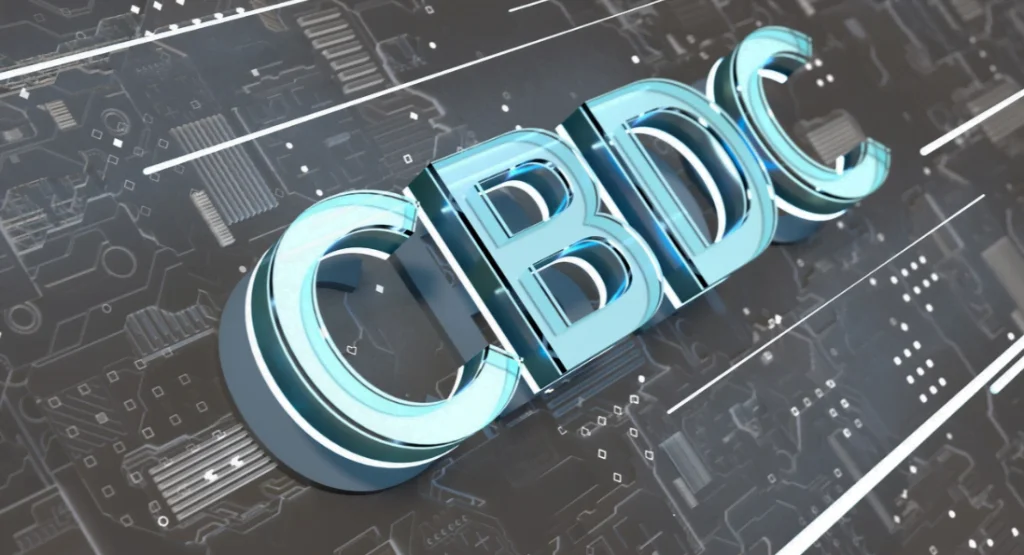US Treasury official Graham Steele at a Texas payments conference, stated that the design of a digital dollar and central bank digital currencies (CBDCs) should take privacy and the ability to conduct transactions anonymously into account.

Graham Steele, assistant secretary for financial institutions at the Treasury Department, spoke at a payments-focused conference in Texas on June 13 about the controversial FedNow system and central bank digital currencies (CBDCs).
Steele stated that minimizing unlawful transactions while maintaining user privacy is challenging for a retail CBDC. He said that precautions should still be taken to secure user anonymity.
“It is important that we consider the extent to which privacy and anonymity might be preserved and explore the technologies and methods available, including Privacy Enhancing Technologies, to enable such protections in the design of any potential retail CBDC.”
In his remarks, Steele evaluated the advantages and disadvantages of a potential CBDC, asserting that it could foster a “competitive payment environment.”
A retail CBDC, on the other hand, would be directly supported by the Fed and could provide consumers with a safer option during bank runs, which could “destabilize private sector lending,” according to Steele.
About the recent banking crisis, he stated that “access to non-deposit alternatives outside the banking system may have altered the nature and velocity of bank runs.”
He added that the U.S. “has not yet determined whether it will pursue a CBDC,” but a group headed by the Treasury is analyzing the implications of such a move.
According to Steele, the evaluation includes a review of “policy objectives related to global financial leadership, national security, privacy, illicit finance, and financial inclusion.”
On the Federal Reserve’s FedNow immediate payments system, Steele believes that having multiple options for payment operations “promotes choice and competition in payments,” thereby encouraging the “development of new payment services and features” and bolstering payments system resilience.
FedNow has encountered political resistance. Robert F. Kennedy Jr. and Ron DeSantis, both presidential candidates, opposed the system, arguing that it would pave the way for a CBDC, which would give the government too much power.
In April, Federal Reserve Board Governor Michelle Bowman stated that it was “difficult to imagine” a CBDC being used for anything other than “interbank and wholesale transactions.”
